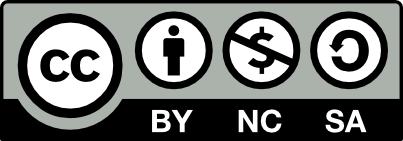/ Economic And Humanism Thought Of Ernesto -Che- Guevara
Abstract
The economic thought and humanism of Che Guevara is outlined in three essential aspects. Regarding the economic aspect, the effort is focused on highlighting the presence of Carlos Marx in Che’s thinking. In this sense, issues related to the peasantry and the petty bourgeoisie in the process of proletarianization stand out, among others. With regard to humanism, his daily combat behavior against all social and national antagonisms that impede the full development of contemporary society is highlighted. It is pointed out that Che’s struggle was in favor of the proletariat´s power. In addition, there are teachings that Dominican revolutionaries can obtain from the work of Ernesto -Che- Guevara such as the following: the revolutionary of each era must be a Marxist; some progressive groups do not learn from their mistakes and imperialism does; that the real capacity of a revolutionary is measured by knowing how to find adequate revolutionary tactics in every change of the situation.
Keywords:
proletarianization, militarism, social movements, Cuba, MarxismReferences
Arismendi, Rodney: Problemas de una revolución continental, 2 volúmenes. Montevideo: Ediciones Pueblos Unidos, 1962.
Castro, Fidel, Discursos, 3 Tomos. La Habana: Editorial de Ciencias Sociales, 1979.
Castro, Fidel, La Revolución cubana. La Habana: Ediciones Era, 1972.
Guevara, (Che) Ernesto, Escritos y discursos, La Habana: Editorial de Ciencias Sociales, 1977.
Guevara, (Che), Ernesto, Obra revolucionaria. México: Ediciones Era, 1974.
Marx, Carlos y Federico Engels, Obras escogidas, 3 Tomos. La Habana: Editora Política, 1963. (Incluye: Ludwig Feuerbach y el fin de la filosofía clásica alemana).
License
Copyright (c) 2019 Journal ECOS UASD

This work is licensed under the Creative Commons Attribution-Noncommercial-NoDerivs 4.0 International license. https://creativecommons.org









